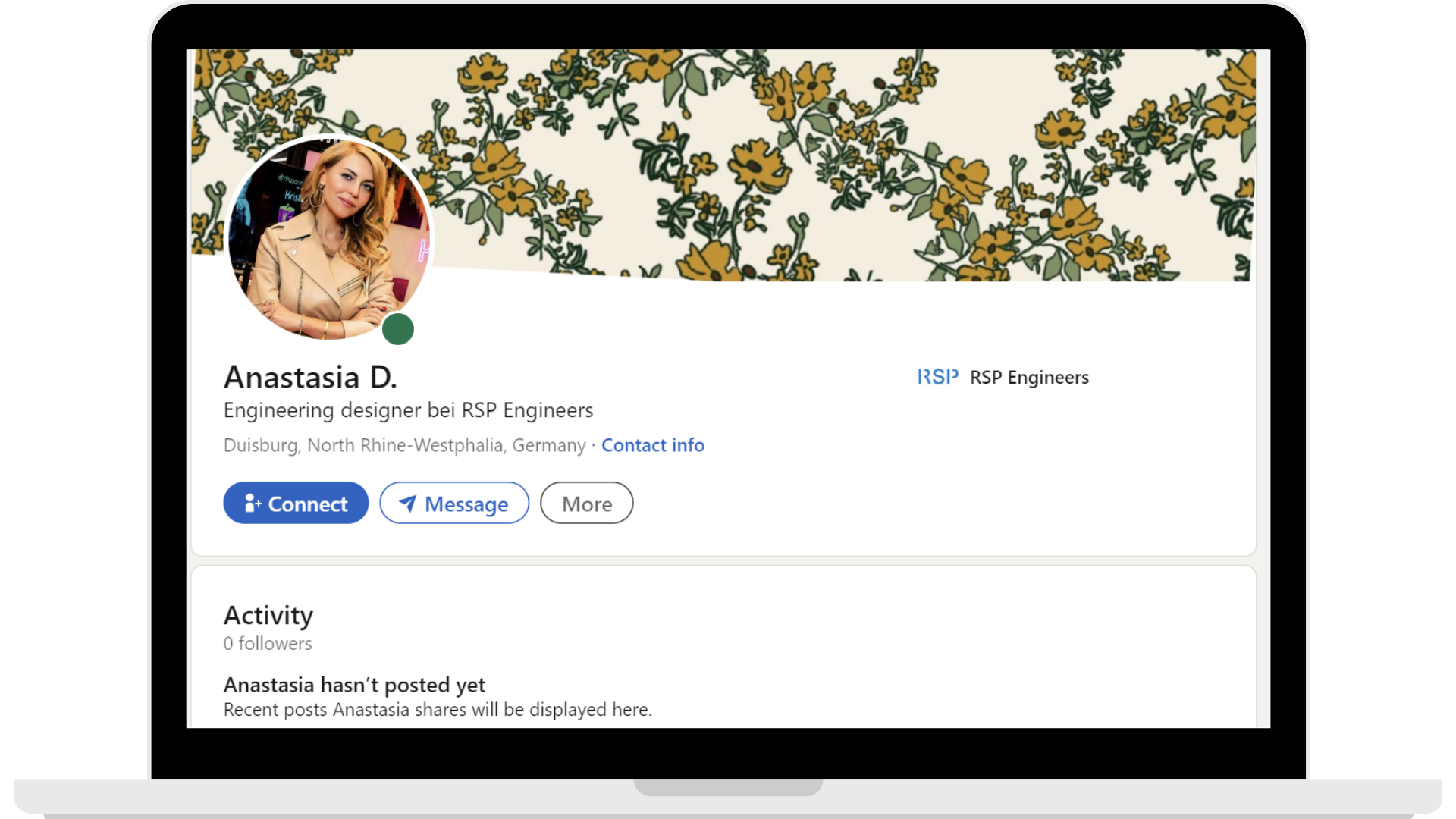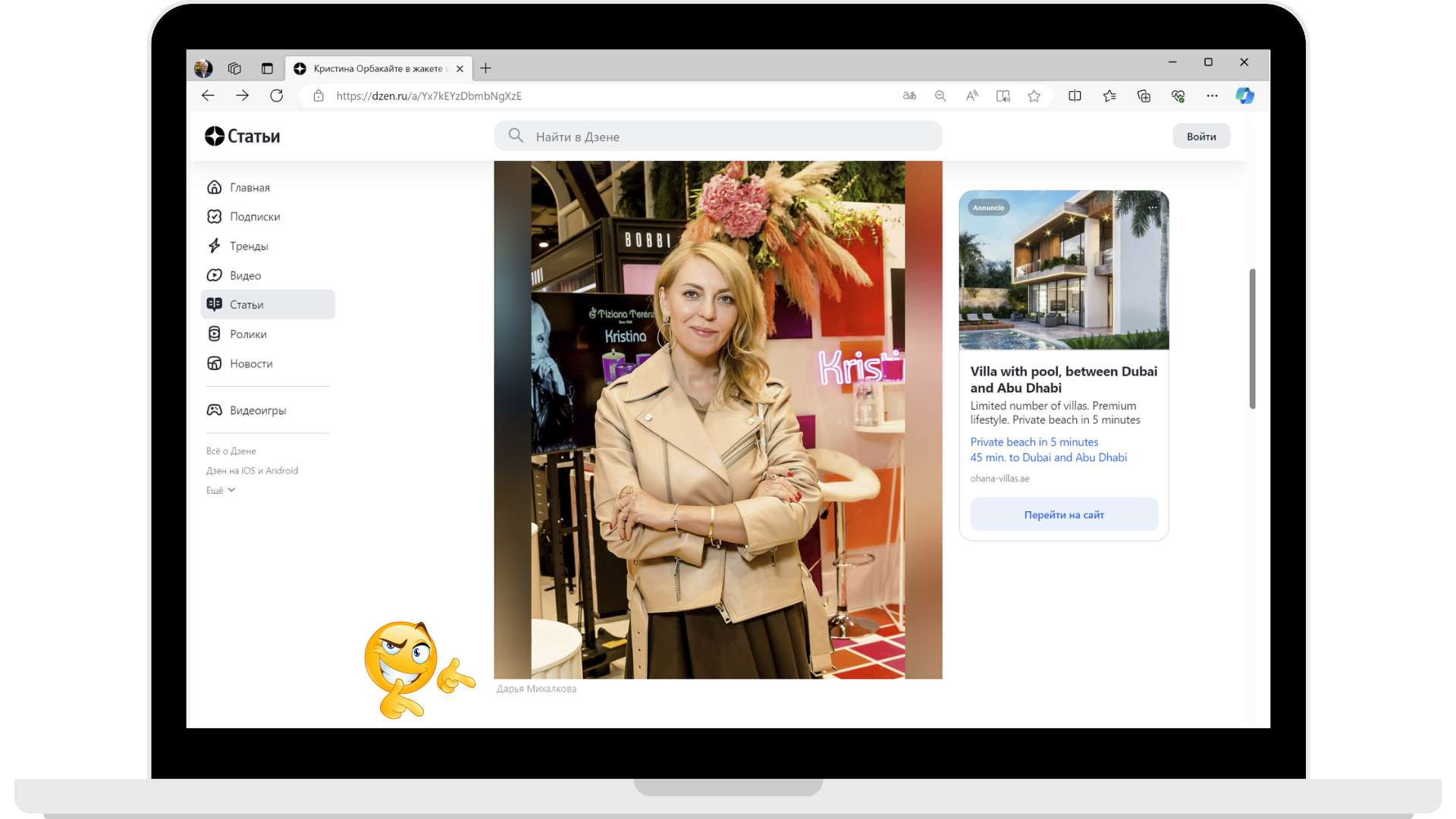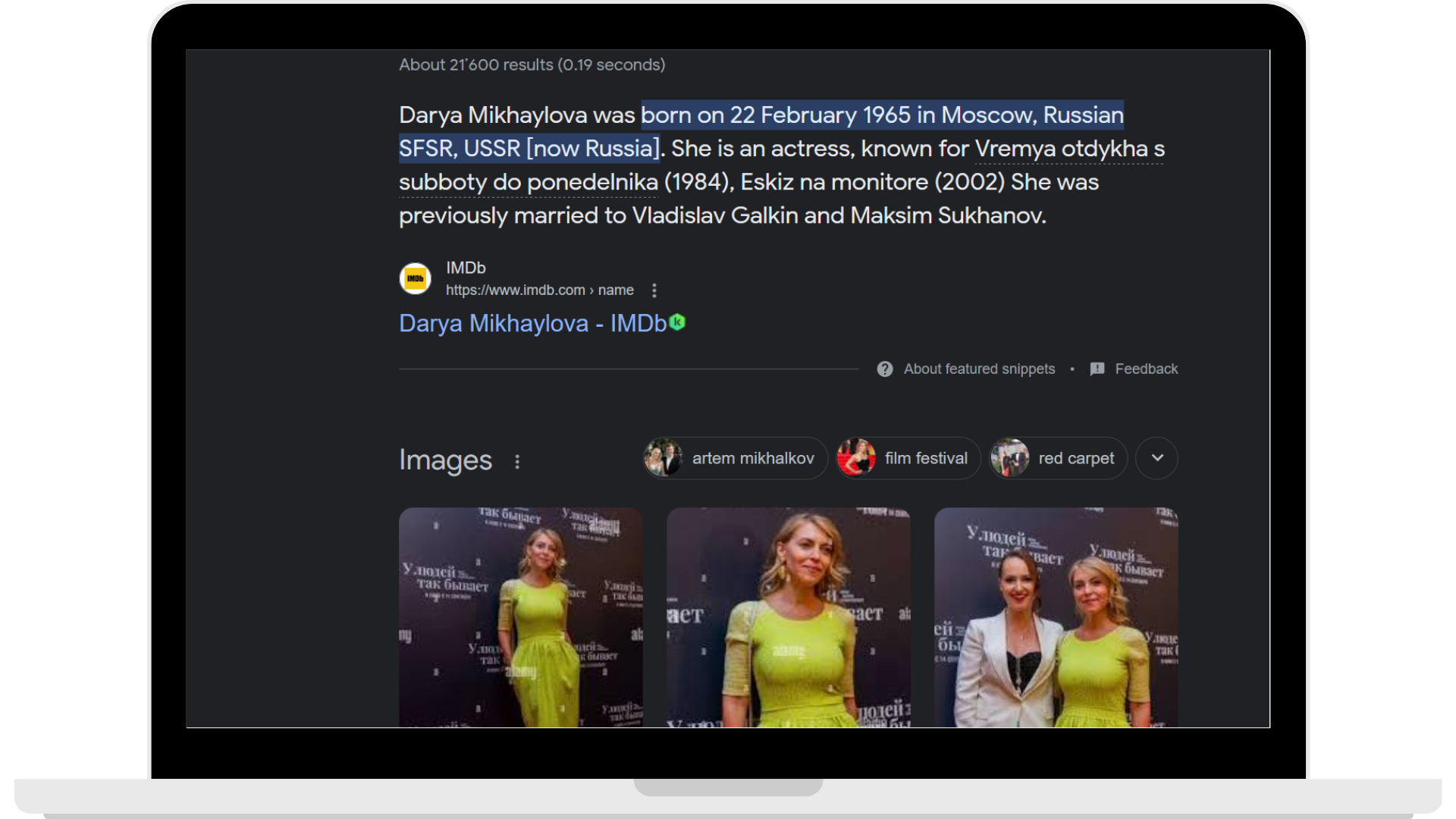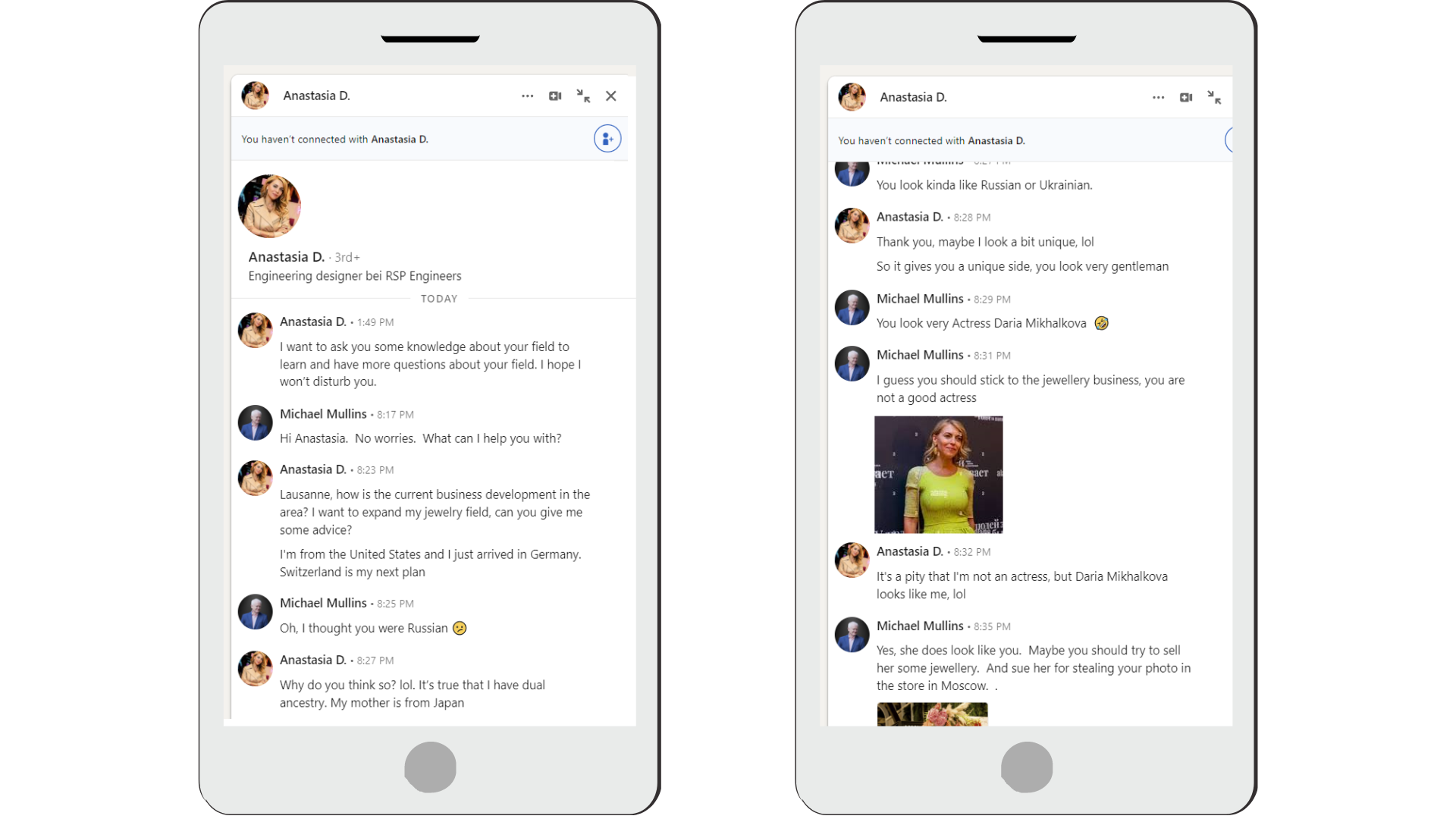A Brief Conversation with a LinkedIn Scammer
If its too good to be true, it probably is

LinkedIn has emerged as the primary social media platform for professionals, facilitating lead gen, job hunting, and the sharing of industry insights. But its popularity makes it a fertile ground for scammers looking to exploit unsuspecting users.
Among the various tactics employed, scams initiated through direct messages are very common. Here, I reveal how a few LinkedIn scams work, and how to recognise them. Bear in mind that these scams are used in one form or another on other social media platforms as well.
The Job Offer Scam
This scam plays on the most fundamental reason people join LinkedIn, to find a job. Scammers pose as recruiters or headhunters, offering highly paid jobs that seem too good to be true. After initial contact, they may ask you for personal information under the guise of "background checks" or "HR policy" requirements. The ultimate goal can range from identity theft to financial fraud, such as requesting payment for training or background checks.
Red Flags to Watch For:
- Poor grammar and spelling in their messages
- Unsolicited job offers from unknown individuals or recruitment agencies
- Offers that require upfront payment or sensitive personal information early in the process
The Investment Scam
In this scam, the scammer poses as a successful investor or businessperson offering an exclusive opportunity to invest in a venture with guaranteed high returns. Initially, the conversation may seem innocent enough, or even insightful.
However, as trust builds, the scammer will pressure you to make a quick decision on an investment, often asking for money to be transferred to an unknown account or via a non-traditional payment method.
Red Flags to Watch For:
- Unsolicited investment advice or opportunities from strangers
- Promises of unrealistic returns with little to no risk
- Pressure to make quick decisions or payments
- The need to install a crypto wallet on your smartphone
- The offer looks too good to be true
- The person looks like or sounds like they do not have the experience to be able to deliver the claimed returns
The Romance Scam
Romance scams on LinkedIn exploit the professional nature of the platform as a guise for legitimacy and trust. Scammers create fake profiles, often posing as successful entrepreneurs, investors, or professionals. They initiate contact under the pretence of networking or offering business opportunities. Over time, the scammer builds a personal relationship with the target, often progressing to romantic or intimate conversations. Once a strong emotional connection is established, the scammer will concoct a crisis or urgent need for money, appealing to the victim's emotional investment to solicit funds, personal information, or both.
Red Flags to Watch For:
- Rapid progression from professional to personal or romantic conversations.
- Profiles with limited connections, or a profile that seems too perfect and lacks depth
- Requests to move the conversation off LinkedIn to more private channels like email, messaging apps, or phone calls early in the interaction
- Stories or emergencies that require financial assistance, often accompanied by promises to repay quickly
The Pig Slaughter
The "Pig Slaughter" scam, also known as "Sha Zhu Pan" from its origins in Chinese-speaking criminal circles, is a sophisticated and malicious scheme that has found its way onto various social platforms, including LinkedIn. This scam is a form of the romance or investment scam that uses the so called long game, where the victim is metaphorically "fattened" before being "slaughtered," meaning they are gradually built up to trust the scammer before being defrauded of a significant amount of money. While it shares characteristics with both romance and investment scams, its methodology and the psychological manipulation involved warrant a distinct explanation.
Red Flags to Watch For:
- A profile photo that seems too good to be true, few if any connections and posts of photos in luxurious settings
- Probing questions that are used to indirectly measure your wealth, for example, do you have a gardener, a luxury car, or the size of your home
- Be cautious of online relationships that progress too quickly, especially those that quickly move from professional networking to personal or financial matters
- Scepticism is warranted when receiving unexpected investment opportunities, especially those promising high returns with low-risk
- Scammers may ask you to keep the investment opportunity confidential, framing it as an exclusive offer to create a sense of urgency and prevent you from seeking advice from others*
- After making an initial investment and seeing "returns," you may be pressured to invest increasingly larger amounts
Unmasking a LinkedIn Scammer
Here's a brief encounter I had recently with a LinkedIn scammer. The conversation started with a message request on LinkedIn direct messaging.
There were some obvious red flags:
- Her profile said she worked for a US company, that had no presence in the EU
- She had no LinkedIn followers
- She had made no LinkedIn posts, so probably a brand-new profile

So before I answered her message I did some quick research on her.
First of all her LinkedIn profile photo was easy to find using this reverse image search. Just drag your chosen image file into the image search bar, and voilà.
This original photo her profile photo was copied from, was shot in a department store in Moscow. It was easy to find the name Дарья Михалкова (or Daria Mikhalkova in English), underneath the photo in this article.

And then a quick search on Daria Mikhalkova found that she is a Russian actress.

The Conversation
I was curious to see what kind of scammer she was and what her approach might be. So here's what she had to say for herself.

It's not recommended to engage in conversation with a confirmed scammer, so don't try this at home.
Protecting Yourself from Scams on LinkedIn
The key to avoiding any kind of scam on LinkedIn is to maintain strict professional boundaries and approach unsolicited personal advances with scepticism.
Stick to Tinder, Grinder, Peaky Blinder or whatever other dating app takes your fancy for your love life 🥰
Here is a recap of some general tips:
- Look for any obvious red flags in the profile or the approach before accepting any message or connect request
- Keep your financial information to yourself, and do not discuss money or wealth
- Do not share your smartphone number or move the conversation to another messaging app like WhatsApp or Telegram
- Tweak your LinkedIn privacy settings so that you are not sharing all of your professional connections with people you don't know
- Use LinkedIn's reporting features to report any suspicious profiles or messages to LinkedIn to help protect others in your network





